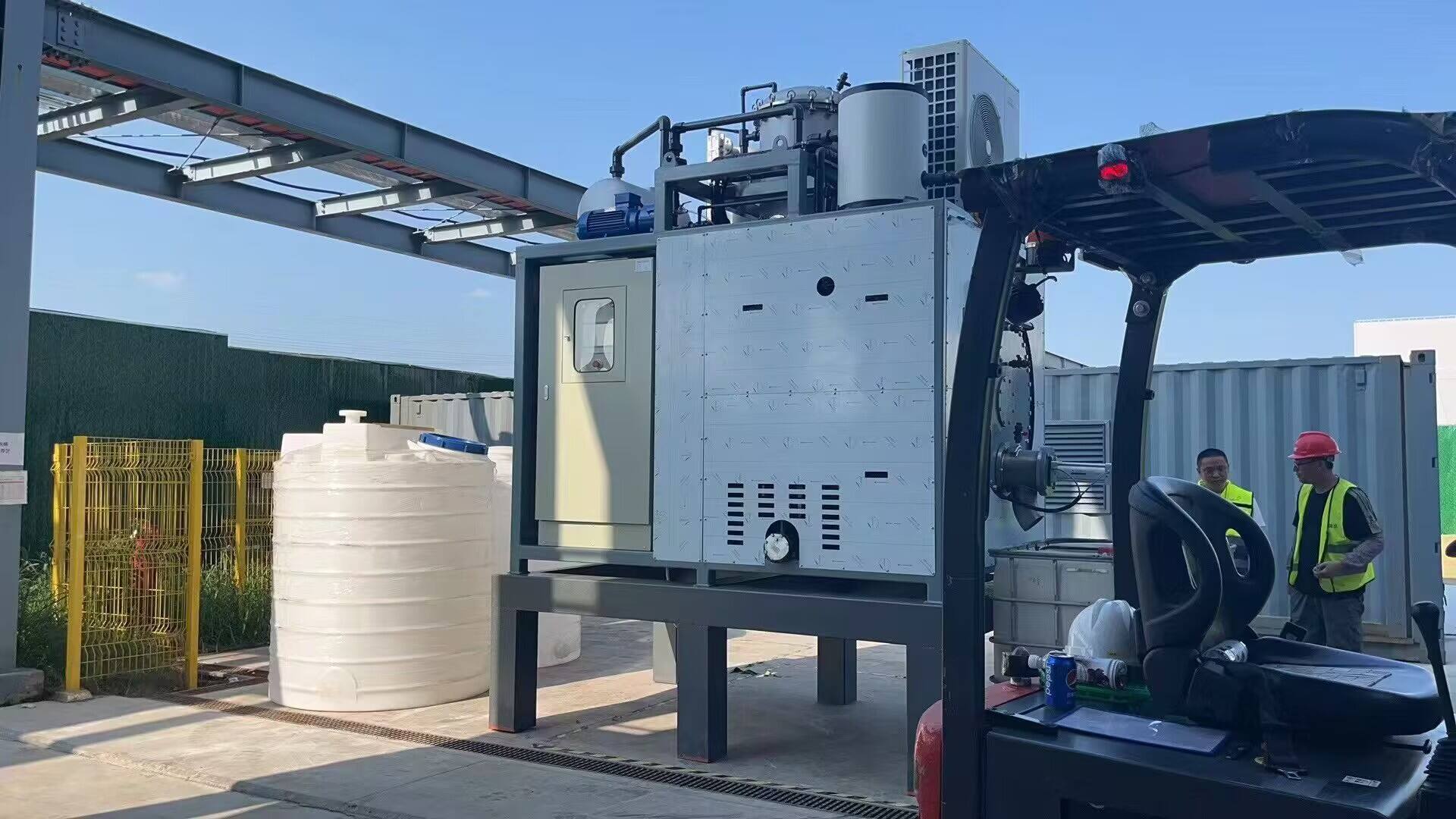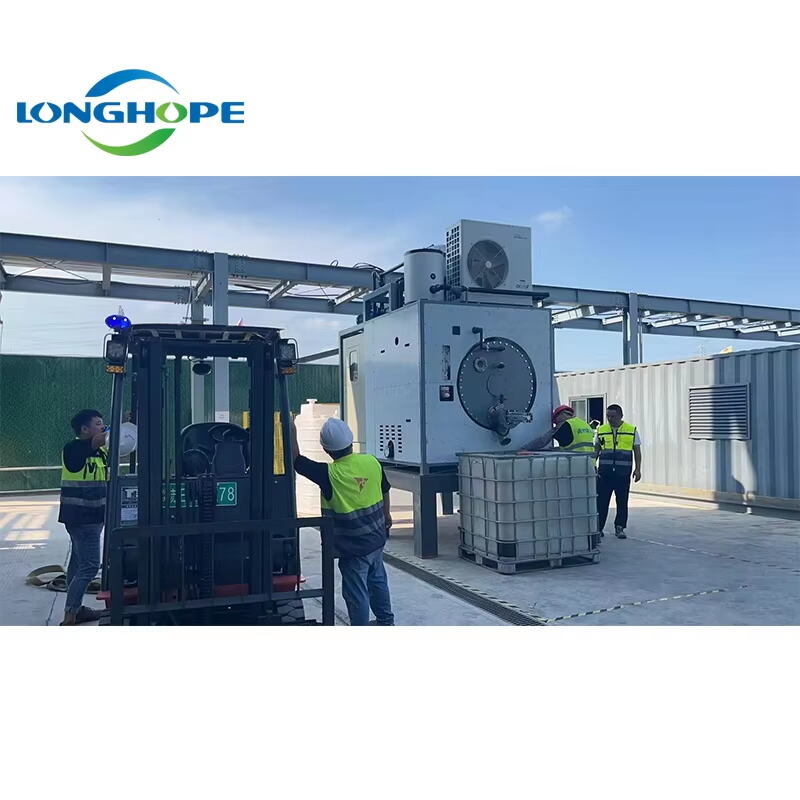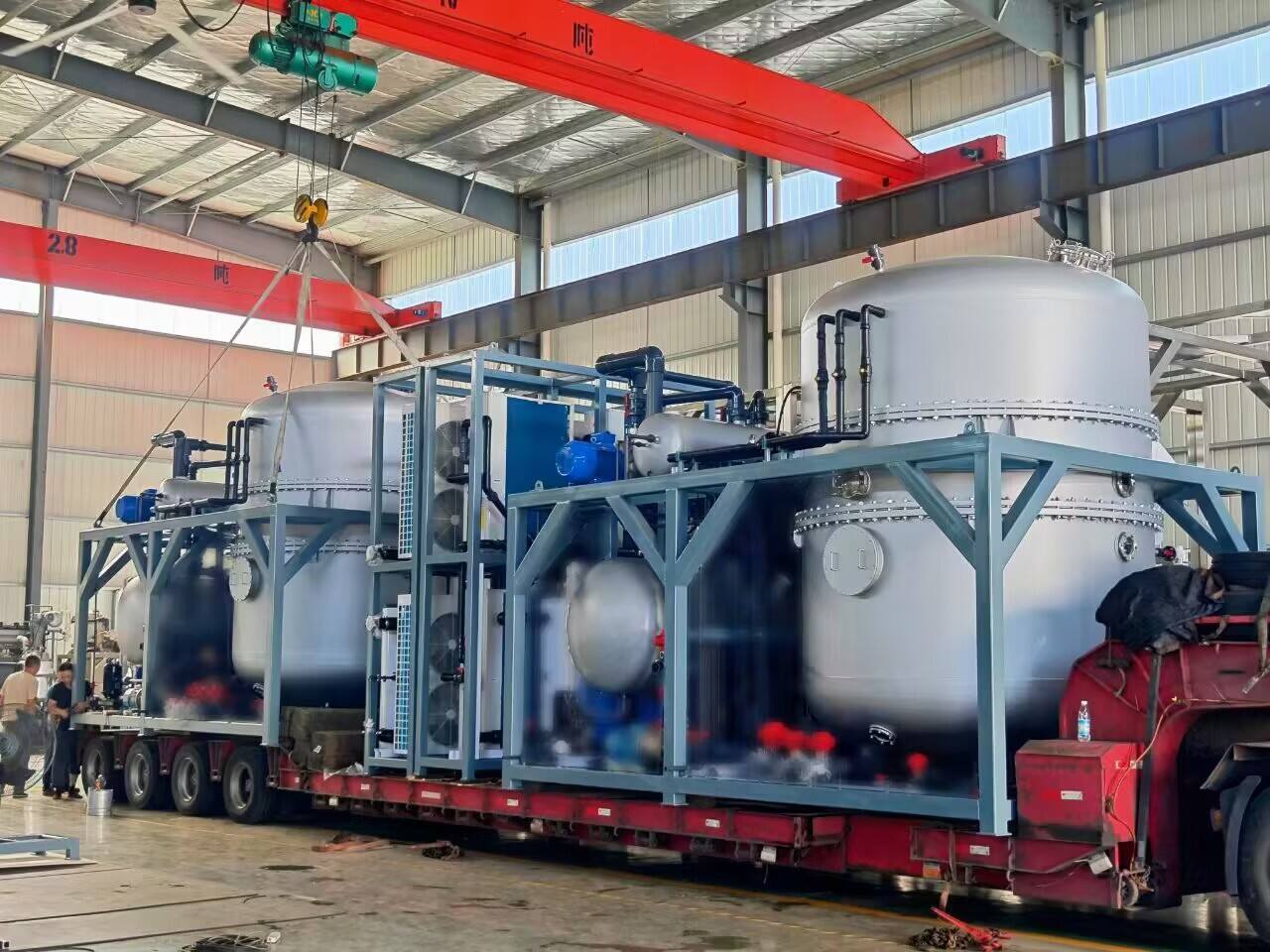vacuum distillation plant
A vacuum distillation plant is an advanced industrial facility designed to separate and purify various substances through the process of distillation under reduced pressure conditions. This sophisticated system operates by lowering the boiling points of compounds, allowing for more efficient and gentle separation of heat-sensitive materials. The plant consists of several key components, including vacuum pumps, distillation columns, condensers, and heat exchangers, all working in harmony to achieve precise separation results. The technology enables the processing of materials at lower temperatures than conventional atmospheric distillation, which is particularly beneficial for thermally sensitive substances. The plant's versatility makes it invaluable across multiple industries, from petrochemical processing to pharmaceutical manufacturing and food production. Modern vacuum distillation plants incorporate automated control systems and advanced monitoring equipment to ensure optimal performance and consistent product quality. The facility's design typically features multiple stages of separation, allowing for the recovery of different fractions with varying boiling points. This systematic approach ensures maximum efficiency in separating complex mixtures while maintaining the integrity of sensitive compounds.


